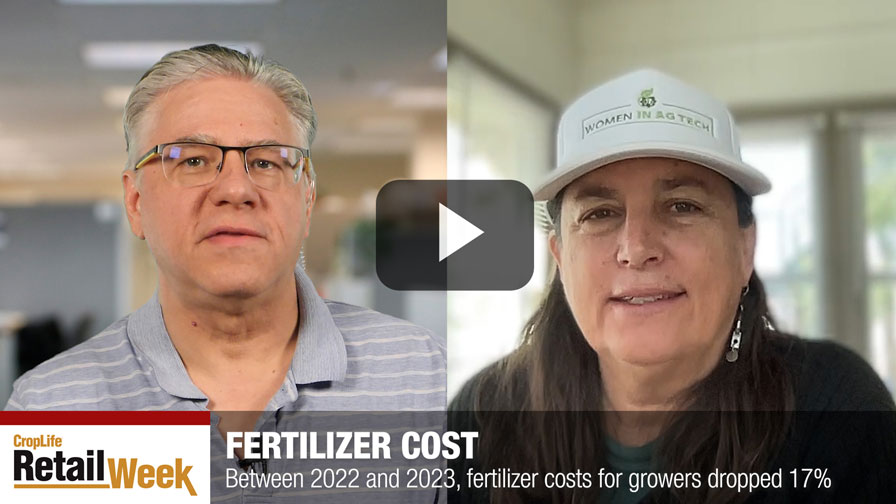The Dicamba Dispute: The Fickle Finger-Pointing of Fate
In life, whenever something doesn’t go according to plan or mistakes are made, the end result inevitably turns to finger-pointing — multiple parties blaming each other for the misstep. A recent real-world example of this came from the nation’s capital, as each political party blamed the other (and select members of their own) for derailing the attempt to repeal/replace the Affordable Care Act.
Unfortunately, the agricultural community has proven equally as prone to this phenomena. For instance, consider the entire range of finger-pointing, in seemingly all directions, now occurring when it comes to dicamba.
The pre-market finger-pointing started at the beginning of the year. Back in January, Dr. Jason Norsworthy of the University of Arkansas spoke at a trade show about how difficult it might be to apply dicamba in-season without issues. “The label on these dicamba products expires in November 2018, which is unusual,” he said. “I’m told that this was done to give regulators the option to not renew use if problems arose.”
Other ag retailers echoed a certain level of discomfort using dicamba. “We won’t handle dicamba,” said Ken Fry of Willard Agri-Service of Lynch, MD. “It was a conscious decision we made.”
Then came the season — and the literal finger-pointing at cupped plant leaves in fields near dicamba-resistant crops began. Throughout the summer, hundreds of growers in the states of Tennessee, Missouri, and Arkansas began reporting suspected dicamba damage. In Arkansas alone, complaints of this nature reached more than 700, which prompted the state to ban the sale/use of the herbicide for the rest of the season.
Next, the companies that invested in dicamba-resistant crops started finger-pointing — at what they described as “carelessness.” In fact, during a July conference call, Monsanto’s Rob Fraley said that the crop damage he had witnessed while visiting farms was likely caused by “not having adequate buffer separation differences, and spraying in wind conditions.”
BASF’s Gary Schmidt said something similar a few weeks later, and even a few industry trade groups (ARA most notably) weighed in, finger-pointing at the states experiencing the problems. According to the Agricultural Retailers Association July 13 enewsletter, some states weren’t as careful as they could have been with their initial dicamba application requirement.
Lastly, the finger-pointing promises to move into the courtroom. In July, seven Arkansas growers filed a lawsuit against dicamba suppliers Monsanto, BASF, and DuPont, seeking damages. More such legal action from growers in other affected states is probably likely.
At this point, where all this ends up is still a matter of some debate. But whatever happens, you can be certain that the finger-pointing regarding dicamba and crop damage will persist for a bit longer.





